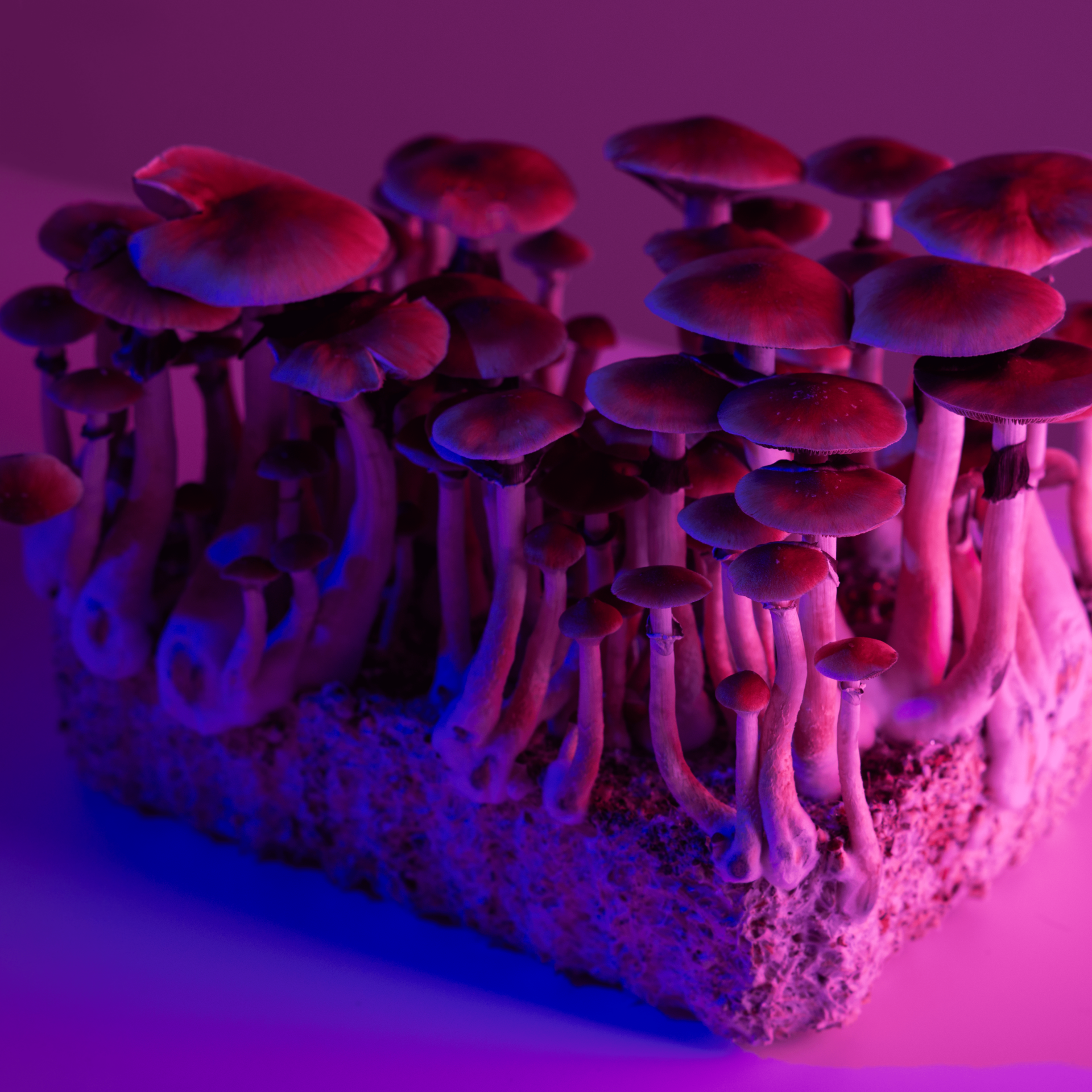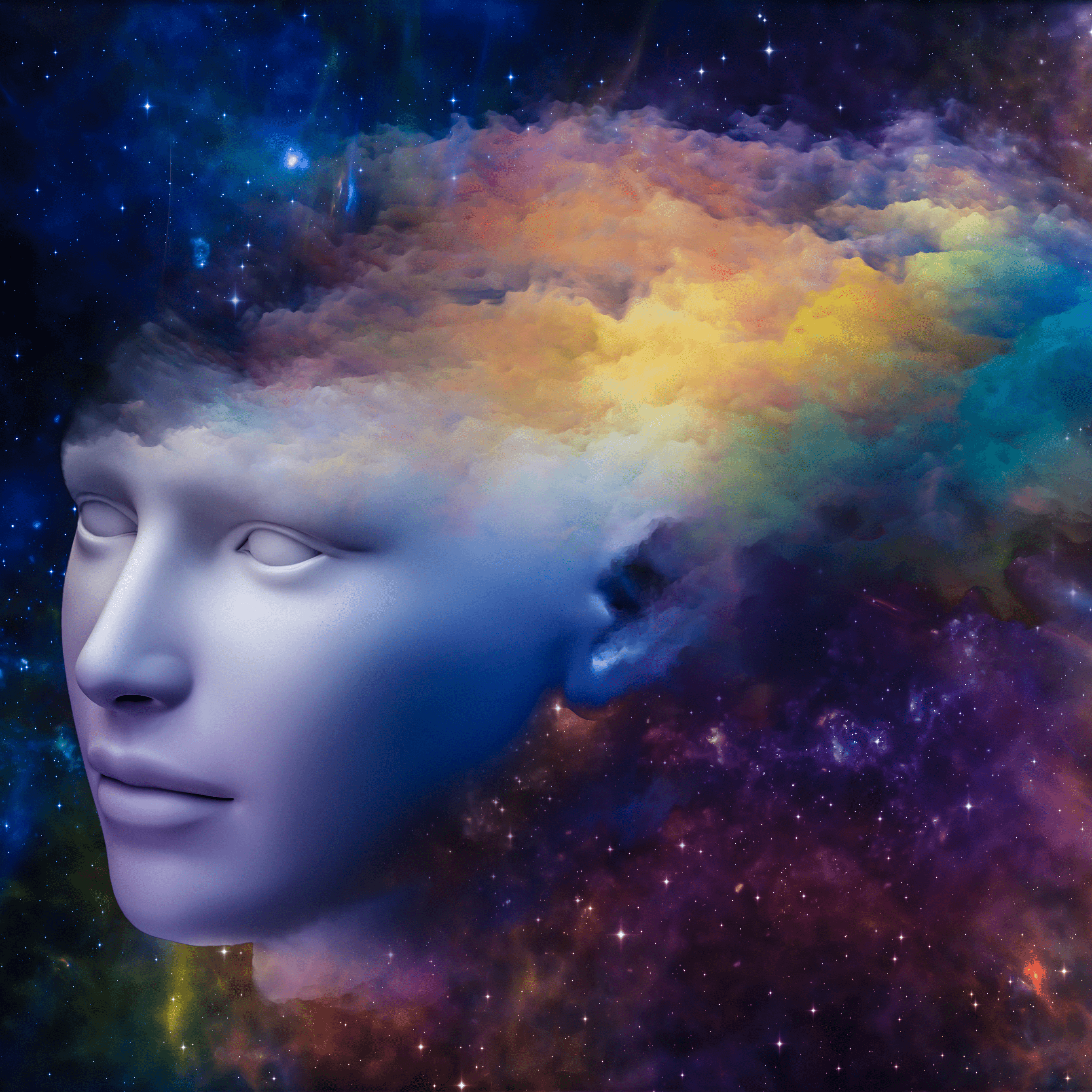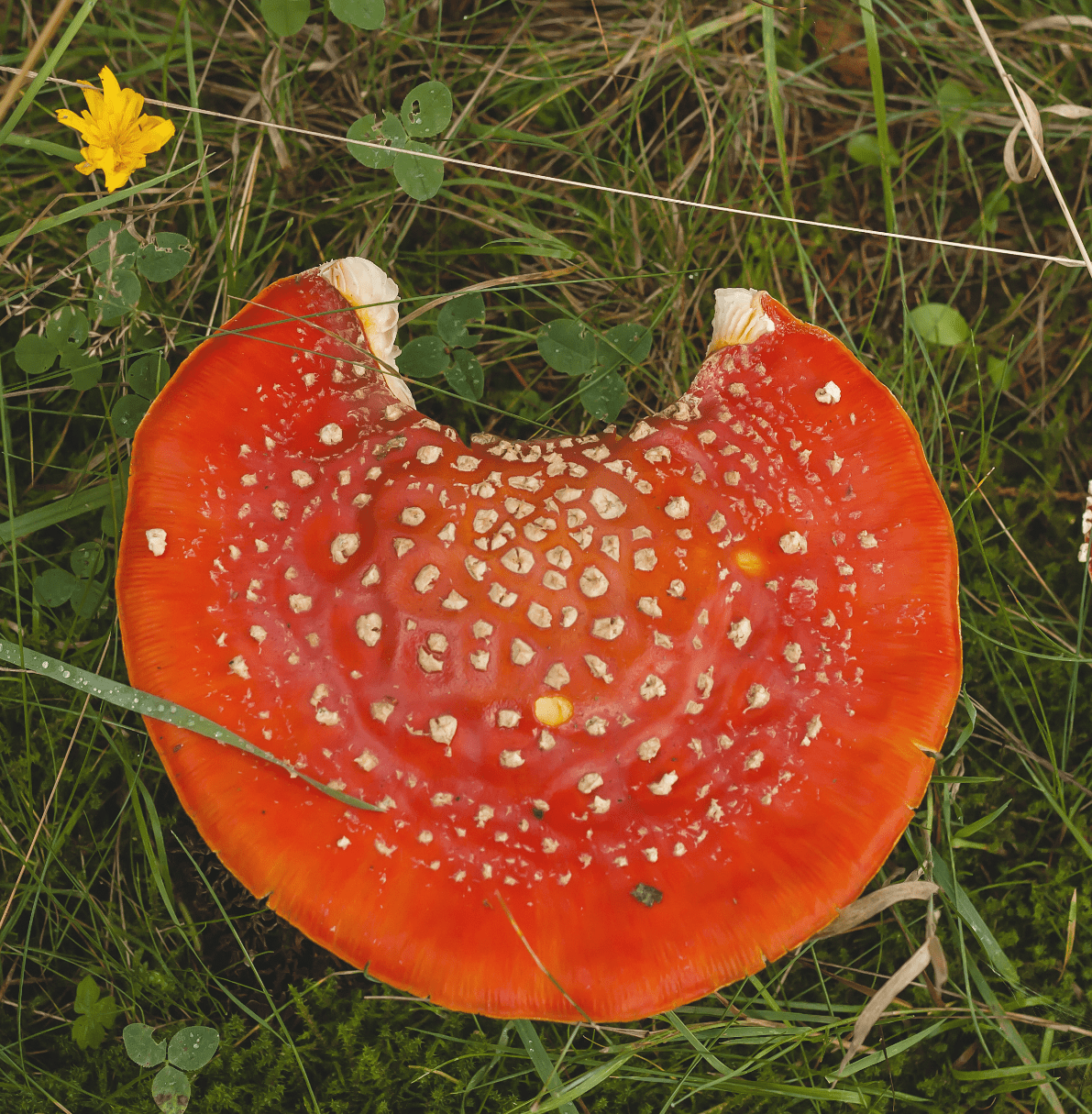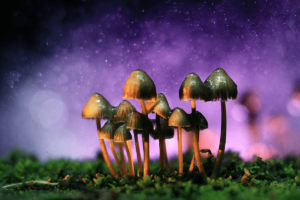“I take care of a family member with a mood disorder and we’re having trouble treating it using different therapies and medications. I’ve heard that psychedelics are being looked at seriously for mental health treatments. How do they work and how likely is it that they will get approved by the FDA?”
Hadley B.

When it comes to MDMA and psilocybin, we are taking steps towards legalized use for conditions that include mental health issues. The powerful hallucinogens have been fast tracked by the FDA here and there have been significant clinical trials done on them. So fingers crossed — we’re getting there.
For example, a February 2022 article in Scientific American shows the laborious process of going to the FDA for approval of MDMA as a treatment for post-traumatic stress disorder (PTSD). Because it is a Schedule 1 drug%2C%20methaqualone%2C%20and%20peyote.), MDMA is hard to obtain for legal clinical studies in America. You also have to get past its reputation as “ecstasy” — the party, dance club drug.
The Multidisciplinary Association for Psychedelic Studies (MAPS) has conducted a study involving 15 study sites across three countries involving 70 therapists. The study has advanced to phase three within clinical trials and has shown major benefits for PTSD. MAPs hopes that it serves as a model for other studies to prove the therapeutic benefits of hallucinogens that once seemed the domain of counterculture.
Norman R.

Yes, MDMA and other psychedelics show a lot of promise treating a variety of mental health issues, including anxiety and depression.
As one industry observer said, “Over the past several years we have witnessed a psychedelic renaissance. As a result, there is a growing body of evidence suggesting that a number of psychedelic compounds hold strong therapeutic potential to catalyze and accelerate the healing process for a wide array of mental health conditions.”
MDMA (short for 3,4 methylenedioxymethamphetamine) is a chemical compound that massages the brain’s feel good neurotransmitters serotonin and dopamine. It promotes feelings of trust, euphoria and relaxation, so you can see how this might translate to use to treat mood disorders.
In fact it was originally used in clinical settings to treat certain conditions, such as mental disorders, specific traumas, and phobias, before it gained its reputation as an illegal party drug..
As other psychedelics do, MDMA makes temporary changes to brain activity. So if the brain is not functioning at its best capacity because of some disorder, psychedelics may help the brain work more “normally.”
A 2016 study found that a number of patients experienced a significant reduction or remission in their chronic depression shortly after taking psychedelics. As well as treating depression and PTSD, MDMA has also helped addicts who take heroin and other powerful drugs kick their addictions successfully.
Simon Fraser

There is great therapeutic possibility for psilocybin, also known as “magic-mushrooms". This chemical compound found in about 200 kinds of mushrooms can create powerful emotional and psychological experiences that tend to be strongly positive, often described as euphoria, wonder, or delight.
So it’s not surprising that psilocybin is being studied for its potential for mental and physical health, including the treatment of depression, PTSD, anxiety, headaches, and even ‘spiritual alienation’. In 2019, Johns Hopkins University launched its Center for Psychedelic and Consciousness Research, looking at psilocybin-based treatments for depression, addiction, PTSD, Alzheimer’s, and chronic Lyme disease.
The New York Times predicts that “psilocybin and MDMA are poised to be the hottest new therapeutics since Prozac.” It thinks that MDMA could be legalized for therapeutic uses by 2023, with psilocybin following two or three years later.
So, we may soon see powerful drugs become powerful tools for health and wellness.
Molly R.



